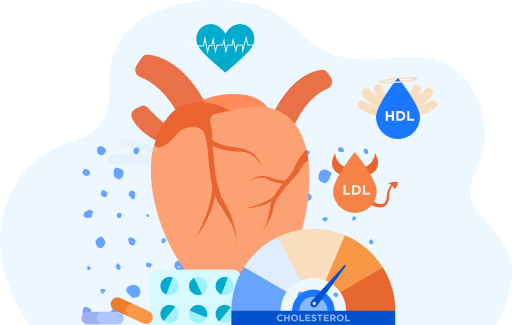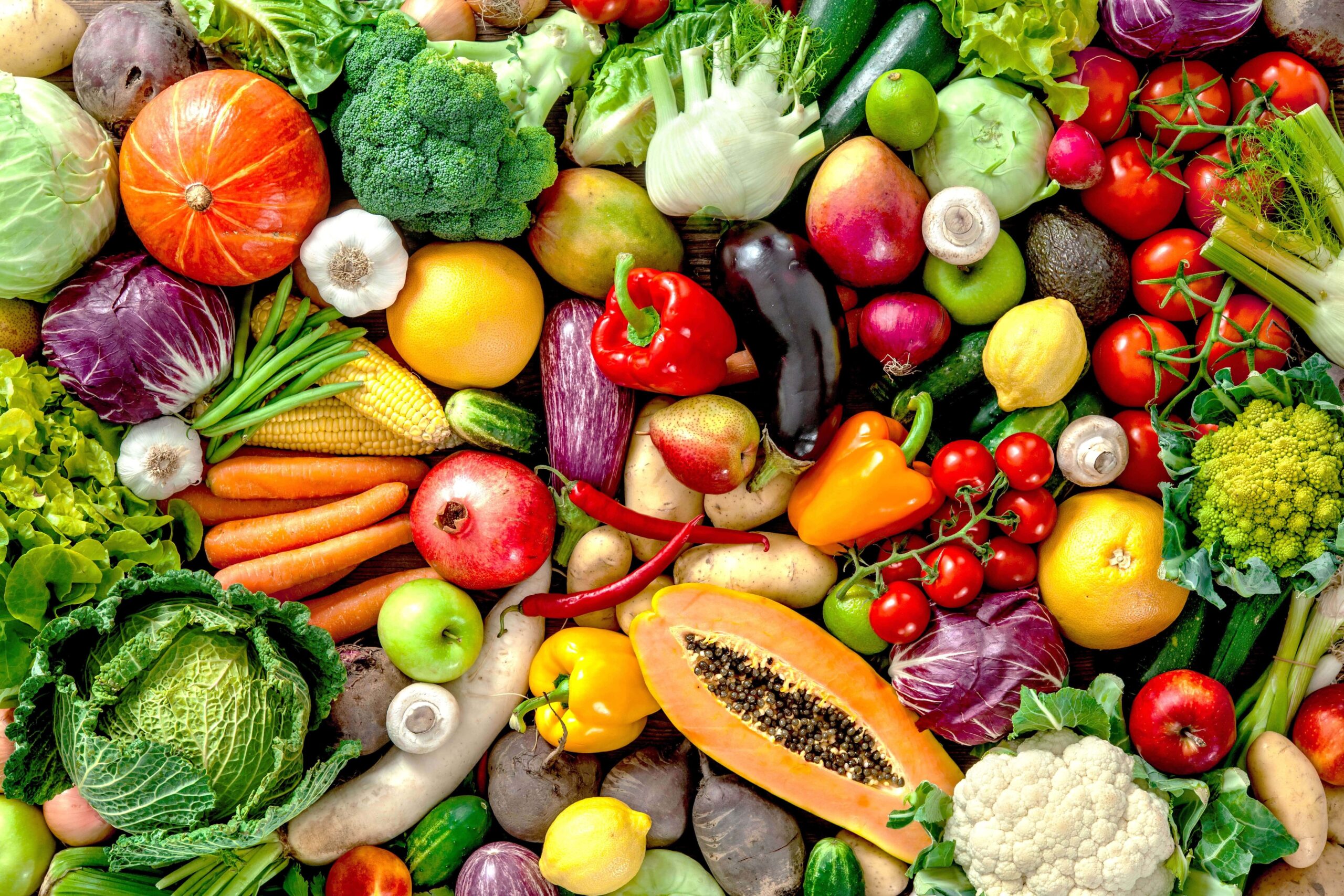Chronic Disease Management
How to manage chronic diseases and live your life
to the fullest

It’s never too late to get healthy
Maxicare is here to guide you along the way
Chronic diseases are among the top causes of illness-related deaths in the Philippines, but that doesn’t mean you can’t take steps to manage it. Get fitness tips, wellness advice, and articles on how to prevent and manage chronic diseases.
Common chronic illnesses
Below is a list of common chronic illnesses
and their symptoms
Hypertension
- Early morning headaches
- Nosebleeds
- Irregular heart rhythms
- Vision changes
- Buzzing in the ears
Diabetes Mellitus Type 2
- Urinate (pee) a lot, often at night
- Are very thirsty
- Lose weight without trying
- Are very hungry
- Have blurry vision
- Have numb or tingling hands or feet
- Feel very tired
- Have very dry skin
- Have sores that heal slowly
- Have more infections than usual
Dyslipidemia
- High cholesterol has no symptoms. A blood test is the only way to detect if you have it.
Guides to maintaining a healthy lifestyle

5 Lifestyle Changes to Help Control Your Diabetes
5 Lifestyle Changes to Help Control Your Diabetes Diabetes is a long-lasting condition that affects how your body turns food into energy. It is a disease that causes high blood sugar. Your body either doesn’t make enough insulin or can’t effectively use the insulin it...

Cholelithiasis: How to avoid Gallstones
Cholelithiasis is the condition of having gallstones in your gallbladder. Your gallbladder is a small, pear-shaped organ on the right side of your abdomen, just beneath your liver. It holds a digestive fluid called bile released into your small intestine. Gallstones...

Prostate Cancer: What You Need To Know
Prostate cancer affects the prostate, a walnut-shaped gland above the urinary bladder. This organ produces the seminal fluid that nourishes and transports sperm. Prostate cancer that's detected early — when it's still confined to the prostate gland — has the best...
Have any questions?
What are the BP ranges for elevated, Hypertension 1 and hypertension 2?
Elevated BP is in the 120-129/>80 mm Hg, hypertension stage 1 is defined as 130-139 or 80-89 mm Hg.
Hypertension stage 2 is defined as ≥140 or ≥90 mm Hg. Prior to labeling a person with hypertension, it is important to use an average based on ≥2 readings obtained on ≥2 occasions to estimate the individual’s level of BP.
What are the non pharmacologic interventions to reduce BP?
All patients with an elevated BP (>120/>80 mmHg) should be prescribed nonpharmacologic interventions to reduce BP include: weight loss for overweight or obese patients with a heart healthy diet, sodium restriction, and potassium supplementation within the diet; and increased physical activity with a structured exercise program.
What other risk factors are important to screen in hypertension?
It is important to screen for and manage other risk factors in adults with hypertension: smoking, diabetes, dyslipidemia, excessive weight, low fitness, unhealthy diet, psychosocial stress, and sleep apnea.
What causes type 2 diabetes?
Type 2 diabetes has several causes: genetics and lifestyle are the most important ones. A combination of these factors can cause insulin resistance, when your body doesn’t use insulin as well as it should. Insulin resistance is the most common cause of type 2 diabetes.
How is type 2 diabetes treated?
Type 2 diabetes is treated with a combination of healthy meal planning, physical activity, medications, and perhaps insulin.Healthy meal planning changes and exercise are the cornerstones of type 2 diabetes treatment. They often help people lose weight, which in turn can help their bodies use insulin better. Many people, when they’re first diagnosed with type 2 diabetes, are overweight (BMI >25), so making healthy lifestyle choices—such as reducing calories and portion sizes and being more active—can help them get to a healthier weight.
What can I eat if I have diabetes?
You can eat just about anything you want. It is about knowing proper portion sizes and how much you are putting on your plate. A dietitian can help you learn to count carbohydrates and with meal planning that is specific for you.
Can high cholesterol be treated?
Yes. It can be treated and controlled. Changing your lifestyle is important to control high cholesterol. Medications may also be used to help control high cholesterol.
My last cholesterol level was within my goal. Does that mean I do not have to worry about my cholesterol any more?
High cholesterol and heart disease are not cured, but are only controlled by diet and physical activity, and in some cases by drug therapy. Stopping your treatment quickly returns your cholesterol to the level that existed before therapy was started.
Are medications used for lowering cholesterol safely?
In general, yes. However, like all medications, drugs used to lower cholesterol can have side effects and must only be taken under the guidance of a healthcare provider. The benefits generally outweigh the risks when these medications are used by people who have a high risk of developing coronary heart disease, or CHD.
Look out for family’s health and safety with Maxicare PRIMA’s unlimited consultation and lab tests.








